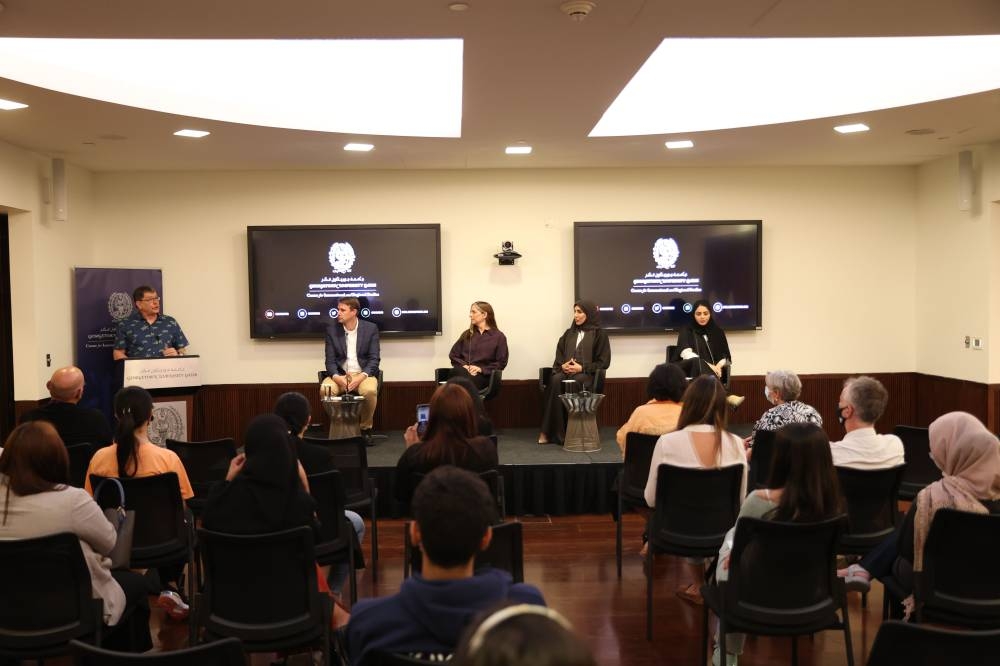Meriam JellitiDoha Normalising the role of Qatari women is the need of the time, enabling them to take part not only in the hosting of major sporting events, but also in the functioning of different organisations and entities that create the sports and the events industry in Qatar, said Afraa al Noaimi, executive director of Josoor Institute. Speaking on the sideline of a panel discussion titled ‘World Cup 2022 and Women’s Empowerment in Qatar’ hosted by Georgetown University in Qatar’s (GU-Q) Centre for International and Regional Studies, Al noaimi emphasized the importance of such dialogues. She said that sharing the current outcomes of hosting the FIFA World Cup 2022 and also discussing the different subjects related to women in sports are the kind of healthy debate that’s needed. "It is our way to learn where we currently stand and what needs to be done. Football is not a culture- related sport; I would like to see more of our sports internationalised. Talking about our culture through sports and have women participating in them are important,” she added. The panel discussion was also joined by Dr Zarqa Parvez Abdullah, adjunct assistant professor at GU-Q, and Dr Susan Dun, associate professor in residence in the Communication Program at Northwestern University in Qatar, which was moderated by Dr Danyel Reiche, visiting research fellow at the Center for International and Regional Studies.Discussing the impact of hosting the first FIFA World Cup in the Middle East on women’s participation in sports, as well as their rights and experiences in the country, members of the panel shared their thoughts and observations.Dr Abdullah stressed that Qatar is in a position to lead a positive change in women’s sports and to also create a healthy sports culture that can go beyond the politics of sports, which involves well-being and health of the society to create a national culture that brings solidarity among people. Speaking of changes that are needed in women sports, she said: "More genuine conversations are what we need; talk to women and ask them about the change they need. What’s important is to avoid generalizing and not to look at one aspect to women’s rights. My hope is to have more conversations with different groups to understand the needs that are essential to create a change.”
Nation
‘FIFA World Cup 2022 a tool to empower Qatari women’




Qatar Tribune
Sep 01, 2022
share




